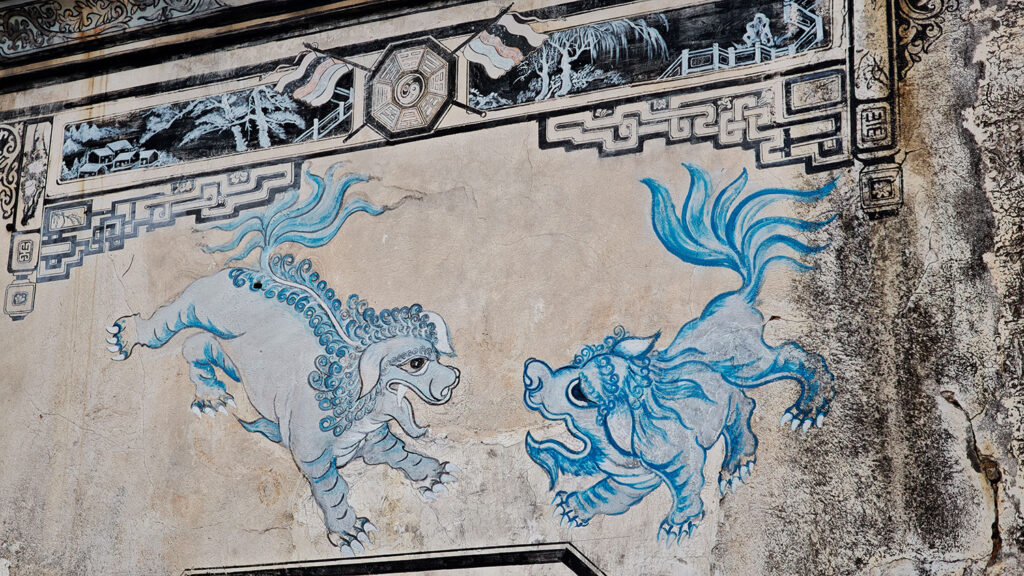I’ve now been studying Chinese for almost two years — and it has taught me not just how to speak and read and listen and write, but also how to learn. For instance, I’ve found there are many ways to learn Chinese characters. You can read sentences, recite words, write characters, or write the radicals and components. You need to remember the meaning, the Pinyin (how the pronunciation written in alphabet letters), the tone, the pronunciation.
And when you start learning characters, your mind takes steps: You see the character, recall the Pinyin, then the meaning. A slow conscious process that takes effort and makes you tired. But once you get more familiar the meaning springs into your mind naturally, effortlessly.
Many people on Twitter or on their websites (me included) write about improving your life; that it’s good to focus on what you have instead of what you don’t have. That it’s good to stay calm, patient, not give into short-term temptation, not complain, blame, envy, etcetera.
But how do you actually do that? I’m sure a lot of readers will think ‘easier said than done’. Or worse: they think just reading these posts makes them more calm and understanding and wise.
Yet sometimes it’s no use for me. Sometimes I try to make myself sleep, and I can’t even do that because my thoughts run wild. Sometimes I know I shouldn’t envy someone else, and yet I do. I know I shouldn’t lose my temper, and yet I do. These things are more visceral than rational.
And I know there’s this difference between knowledge (easily learned and taught) and wisdom (everybody needs to obtain this on her or his own). But how does one actually obtain wisdom? How do you actually become a better person?
The thing is: I know how to learn Chinese characters, but how does the life knowledge you tweet become life wisdom? How does it become a natural, effortless part of me?
Is it a matter of taking long walks and contemplating? Is it, like Confucianism prescribes, based on rituals — that you first fake it or force yourself, until it becomes natural? Is it a matter of simply reminding yourself a thousand times? Should I write it down on paper?
Is it a muscle you train? Tattoo Ohm on your wrist? Is it putting Post-it’s all over your house? Is it deleting my Instagram account? Stop eating pints of ice cream?
Probably it’s all of these. But to learn Chinese characters isn’t actually that hard, it just takes time. The ‘how’ is obvious. But I feel ‘how’ is more difficult here, to not just know, but to actually become all that you aspire to learn.
It’s a neatly defined question that I’ve pondered on for a long time. I even asked James Pierce and he answered, saying that it’s good to focus on why you want to become a better person, and less on what a good person is:
“The secret to achieving these things isn’t to figure out how to get There, but to figure out why you’re Here. You become calm by learning why you get angry. You become patient by understanding your impatience. Get rid of your notions of should and should not, and begin by discovering why you are the way you are.”
That in part is the answer I think, but even if you know the ‘why’, you still need to know the ‘how’.
I’m reminded of my primary school, where I was not the smartest of the class, but I could get through the tests easily without ever having to do homework. Then the jump to high school was a big one; suddenly I was at ‘my’ level and I had to do homework. But I never built that habit. Five years I struggled to do homework, and although it got better, the jump from zero to daily homework was too big for me, and my level dropped each year. I had to learn that habit, the discipline, make it my own.
This is also what I learned about Confucianism. It has many rituals, for instance praying to ancestors or putting mats and dishes in exactly the right place. The rituals themselves are not that interesting, but the whole point that rituals are hard but become natural habit later, which is the whole point of those rituals. A Redditor also sums it up like that: Practise, practise, practise — and replied to the same question which I had asked James Pierce with: “With practice, you can catch yourself sooner and sooner, until you eventually, ideally, can start to catch yourself before you even slip up.”
Probably learning life is the same as learning Chinese characters; a process with steps and tools and time. I always thought learning 5,000 Chinese characters is hard, but compared to being a better person, with the infinite variables of life, that 5,000 isn’t such a big a number.



